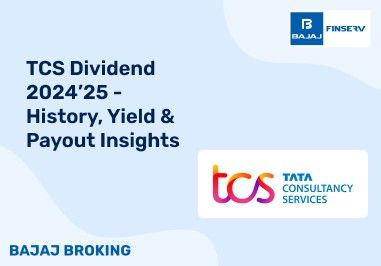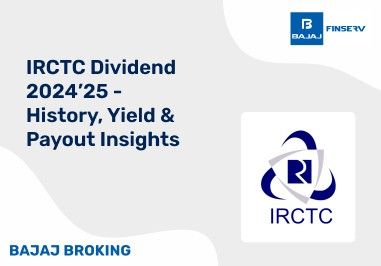Ever wondered why your paycheck and shopping bills come with surprise deductions? Meet TDS, Tax Deducted at Source and TCS, Tax Collected at Source – the tax twins! Levied by the government TDS and TCS, these taxes are collected directly. While often used interchangeably, there is a difference between TDS and TCS, and their taxability. Understanding them is essential. Read in to know all about TDS and TCS.
What is TDS Meaning
Tax Deducted at Source (TDS) is the amount deducted from a taxpayer's salary by another taxpayer and compensated to the central government. The simple logic behind incorporating TDS is to ensure that the taxpayer offering salary gets to deduct tax, and the receipt offers tax that is then given to the central government.
What is TCS Meaning
Tax Collected at Source is the tax levied by the central government on certain specified transactions. TCS was introduced to collect tax by the seller from the buyer which is then deposited to the central government. Sec 206C of the Income Tax Act discusses the goods liable for TCS.
Key Differences Between TDS & TCS
Now that you have an understanding of TDS & TCS, let’s get to the differences between TDS and TCS:
Meaning
TDS is the Tax Deducted at Source while TCS is the Tax Collected at source. The former deals with tax deducted at source like salaries, rents etc and the latter is tax collected at source for selling of goods and services.
Transactions Covered
Under TDS expenses such as rent, salary, brokerage etc are covered whereas TCS covers selling goods such as timber, metal, alcohol, automobiles, toll taxes etc.
Limits
Tax deducted at source (TDS) deals with the purchase of goods and services and Tax collected at source (TCS) deals with the sale of goods and services.
Due Dates
TDS is deducted on the 7th of every month and TCS is collected within the first 10 days of every month.
Example of TDS/Tax Deducted at Source
TDS or TCS can be a bit confusing, so let’s take an example to make it simpler, beginning with TDS:
Let’s say there is an ABC company that has rented an office space for ₹80,000/month. The applicable TDS on this rent will be 10%. Now the company will deduct ₹8,000 (10% of 80,000) and pay ₹72,000 to the landowner.
Remember that the company is responsible for depositing the TDS to the government.
Example of TCS/Tax Collected at Source
Let’s understand TCS with an example:
Say you buy a car worth ₹10.01 lakhs, you are liable to pay an amount of ₹10,010 as TCS. This amount is deposited in banks approved by the government to collect TCS.
GST Provisions for TDS and TCS
Moving ahead, let’s take a look at the important GST provisions for TDS and TCS:
Registration
A TDS deductor and E-commerce TCS collector has to register with GST, regardless of the threshold limit.
Deposit of TDS and TCS with the Government
TDS has to be deducted by the 7th of every month and TCS has to be deducted by the 10th of every month.
TDS and TCS Return
The TDS deductor is required to return to GSTR 7 within 10 days from the end of every month. The same rule applies to TCS collectors, except that TCS is to be returned with GSTR 8.
TDS Certificate
The TDS certificate is required to be issued by the deductor in the prescribed form within 5 days of remittance to the Government to the deductee.
Note- Make sure to read the updated TDS and TCS slot as the government has introduced several changes post-2024 Union Budget.
Effects of Failing to Deposit TDS or TCS
TDS and TCS are taxes collected by the government making them a mandatory responsibility for every taxpayer.
Wondering what happens if you fail to deposit TDS or TCS? Here’s what you have to face:
Interest
Failing to pay TDS or TCS subjects you to an interest rate of 1.5% every month that has to be deposited along with the base amount.
Penalty
In many cases, failing to pay TDS or TCS can subject you to a penalty that is equivalent to the TDS and TCS amount you were liable to deposit.
Criminal Prosecution
Evading tax liabilities is a criminal offence in India and you might have to face criminal prosecution.
Conclusion
TDS and TCS are a mandatory tax levied by the government on Indian taxpayers. Whether you are an employer, entrepreneur, salaried employee or even a buyer, you are under an obligation to pay TDS and TCS.
These taxes are levied by the government to generate revenue for developmental projects and public services making it a fundamental duty, as well, to duly pay the tax.
Choose a reliable portal like Bajaj Trading to get the latest updates regarding tax updates on trading activities and make better choices while delving into swing trading, option trading etc.
Disclaimer: Investments in the securities market are subject to market risk, read all related documents carefully before investing.
This content is for educational purposes only. Securities quoted are exemplary and not recommendatory.
For All Disclaimers Click Here: https://bit.ly/3Tcsfuc













